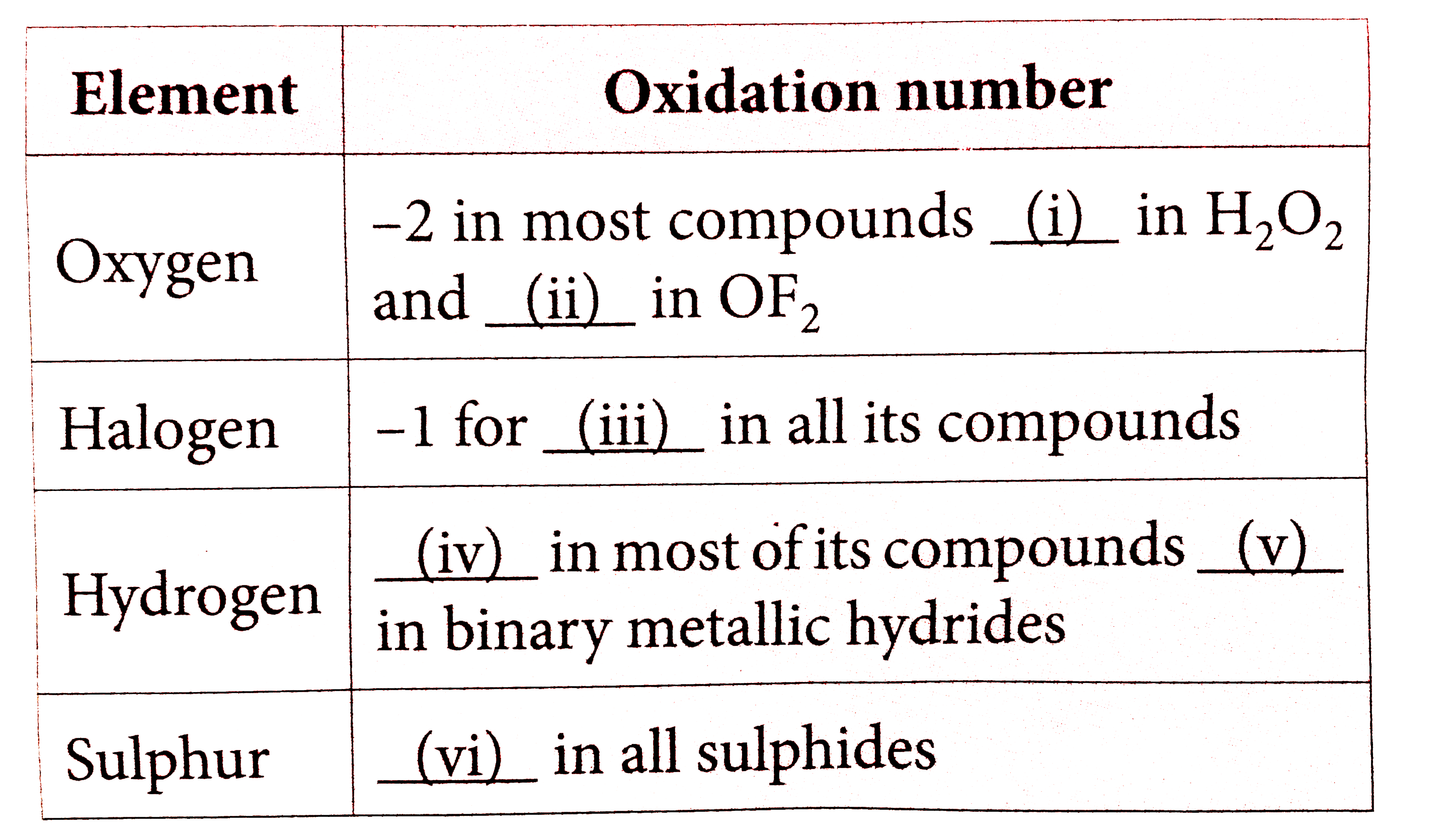Fill up the blank with the correct choice given in bracket.
Ionic or electrovalent compounds do not conduct electricity in their state. (fused/solid)
Because of strong electrostatic force of attraction, the ions cannot move freely from point to point.
Topper's Solved these Questions
- BOOK - ICSECHAPTER - CHEMICAL BONDING EXERCISE - ADDITIONAL QUESTION24videos
CHEMICAL BONDING
- BOOK - ICSECHAPTER - CHEMICAL BONDING EXERCISE - UNIT TEST PAPER 217videos
CHEMICAL BONDING
- BOOK - ICSECHAPTER - CHEMICAL BONDING EXERCISE - Questions from Previous ICSE Board Papers (2018)6videos
CHEMICAL BONDING
- BOOK - ICSECHAPTER - ANALYTICAL CHEMISTRY-USE OF AMMONIUM & SODIUM HYDROXIDEEXERCISE - Additional Questions6videos
ANALYTICAL CHEMISTRY-USE OF AMMONIUM & SODIUM HYDROXIDE
- BOOK - ICSECHAPTER - CHEMISTRY 2011EXERCISE - SECTION-II48videos
CHEMISTRY 2011
Similar Questions
Covalent compounds generally do not conduct electricity. Give reason.
View SolutionFill up the blank with the correct choice given in bracket. The most common ore of iron is (Calamine / haematite)
View SolutionCan sodium chloride conduct electricity in the solid state ?
View SolutionFill up the table from the given choice.
 View Solution
View SolutionGive reasons why?
Ionic compounds do not conduct electric current in the solid stateView SolutionFill in the blanks from the choices given in brackets:
The polar covalent compound in gaseous state that does not conduct electricity is …………...(carbon tetra chloride, ammonia, methane)View SolutionIn the solid state, electrovalent compounds are poor conductor of electricity. Give reason.
View SolutionExplain the following:
Covalent compounds do not conduct electric current in the fused state, whereas ionic solids do.View SolutionFill up the blank with the correct choice given in bracket. Electrolysis of aqueous sodium chloride solution will form ______ at the cathode. (hydrogen gas/sodium metal)
View SolutionDo ionic solids conduct electric current in the solid state?
View Solution

